Latest in Lifestyle Redesign®
September 2024
September is National Hispanic Heritage Month & Healthy Aging Month
Hispanic Heritage Month is recognized annually from September 15 to October 15 and is a national celebration of the contributions and culture of Hispanic and Latinx communities in the U.S. Within the context of health and wellness, this is an opportunity to acknowledge the healthcare experiences of Hispanic and Latinx communities and emphasize the importance of culturally responsive care.
Healthy Aging Month is a time to raise awareness of the positive aspects of aging and to promote healthy lifestyles for older adults. With the growing prevalence of multiple chronic conditions among older adults, Healthy Aging Month is an opportunity to empower people of all ages to make lifestyle changes to reduce the risk of developing or mitigate the functional impact of existing chronic conditions.
This month’s Latest in Lifestyle Redesign newsletter will highlight content focused on lifestyle interventions promoting healthy aging for Hispanic and Latinx patients.
LR IRL — Lifestyle Redesign in Real Life
Conservando Nuestra Cultura (Conserving Our Culture)
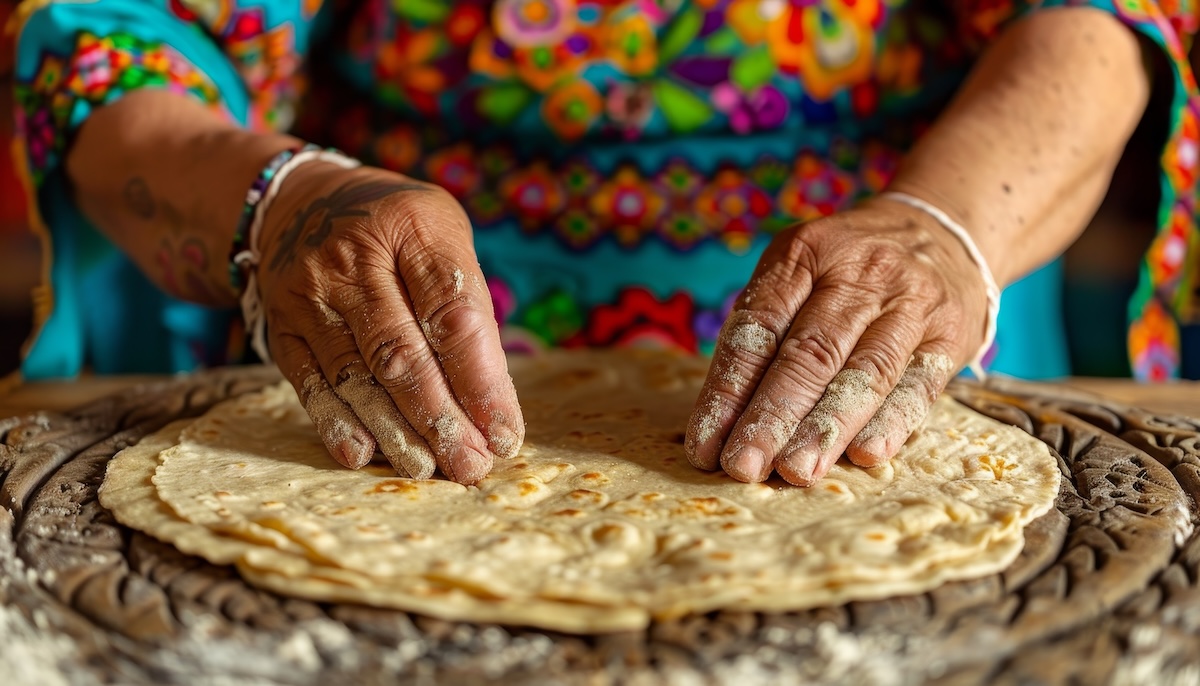
After an appointment with her primary care provider (PCP), Esperanza begrudgingly sat in the waiting area with her eyes focused on the floor in front of her, waiting to be called on by another provider she had been referred to. When her name was called, Esperanza slowly stood, let out a deep sigh, and greeted the señorita in front of her. Once inside, Esperanza tearfully shared how overwhelmed and scared she felt by the fact that she could no longer ignore her diabetes. Her PCP had just told her that she needed to start making changes to improve her blood sugar levels, otherwise, she would have to start taking insulin on a daily basis. After a few minutes of subtly assessing Esperanza’s readiness for change, it was clear to Dr. Gabby Granados, an OTD resident at the time, that while Esperanza greatly valued her health, she, like many, had little understanding of how her lifestyle choices could be helping or contributing to her various chronic conditions. Gabby reassured Esperanza that, as part of the new OT Lifestyle Redesign program at the primary care clinic, the two could work together to help her implement the changes her PCP had recommended and do so in a way that is realistic, sustainable, and individualized to Esperanza, to which she half-jokingly replied, “Te visitará todos los días si mantiene alejada la insulina” (“I would visit you every day if it kept the insulin away”).
Esperanza was a proud, independent woman in her late 60’s living with her son and granddaughter. She had immigrated from El Salvador with the hopes of receiving better healthcare in the U.S. to help with her multiple chronic conditions, including diabetes, hypertension, and atrial fibrillation. She experienced persistent shortness of breath and fatigue which kept her from leaving her home more than a few times per week. While Esperanza’s various providers had made dietary recommendations (i.e. low carbohydrate, low sodium, low vitamin K diet), she felt that these changes would lead to a great loss of one of her only connections to El Salvador and its rich culture. With this background, Gabby decided to start their first official session focusing on increasing Esperanza’s health literacy about the diabetes disease process, the impact of hypertension as a comorbid condition, and the importance of the self-management tasks her PCP was encouraging her to participate in. Receiving this information in a manner that was digestible, relatable, and in Spanish, her native language, empowered Esperanza to set goals for checking her blood sugar, increasing physical activity, and learning fatigue and stress management strategies.
Shortly after Esperanza picked up her newly prescribed glucometer, a device she had been avoiding for at least four years, she brought it to her OT appointment where she and Gabby tackled strategies to optimize Esperanza’s use of the device. They explored strategies to help Esperanza remember the steps for checking her blood sugar, times of day where Esperanza can begin to incorporate these checks, and breathing exercises to help reduce the anxious feelings that arose whenever she brought the lancet to her finger tips. Within a few weeks, the anxiety subsided and Esperanza was checking her blood sugar 2-3 times per day and tracking her readings using a written log. Together, Esperanza and Gabby would review the logs in session to identify any patterns that they could further address; thanks to Esperanza’s diligent logging, the pair began to notice that Esperanza’s blood sugar was consistently higher in the mornings than in the evenings.
Through activity analysis and use of a food journal, it became apparent that Esperanza’s diet, which primarily consisted of homemade carb-heavy foods, was the main contributor to her elevated blood sugar levels. At the time, Esperanza was eating between 15 to 20 tortillas per day; while she had been told by other providers that she should cut out tortillas from her diet, she felt this was unrealistic given how integral they were to every meal. Gabby facilitated Esperanza’s lifestyle changes through activities such as carb counting, searching for recipes that were within her dietary restrictions, creating individualized grocery lists, and strategizing ways she could adhere to her diet without feeling deprived of foods she enjoyed. Within two months, she had made significant adjustments to her diet, including reducing her tortilla consumption to a maximum of 5 per day, which resulted in drastic improvements in her blood sugar trends; Esperanza would enthusiastically share this revelation with anyone who would listen.
Three months into treatment, Esperanza’s habits and routines had completely shifted for the better. Not only was she consistent with her blood sugar checks and mindfully enjoying her favorite foods, Esperanza was also participating in a walking group three times per week where she met a group of women who became her greatest source of social support and pushed her to “luchar por mi salud” (“fight for my health”). After a few more months of refining her routines, building a “toolbox” of activity pacing and stress management strategies, and strengthening her health-related decision making, Esperanza had exceeded her PCP’s expectations and was no longer a candidate for insulin- she was ready to graduate from OT. During their last session together, Esperanza and Gabby created a “resiliency plan” that Esperanza could refer back to if and when she felt she needed to get back on track with her health management.
After a final big hug, Esperanza’s added:
“Antes, pensaba que esto era fatal y me iba matar. Pero ya sé que hay soluciones y tengo que luchar para seguir con mis propios cambios. Gracias, señorita, por sus consejos y cariño.”
(“Before, I thought this was fatal and it was going to kill me. But I know now that there are solutions and I have to keep pushing myself to stick to the changes I’ve made. Thank you, señorita, for your advice and love.”)
Research Spotlight
Long-Term Follow-Up of a Lifestyle Intervention for Late-Midlife, Rural-Dwelling Latinos in Primary Care
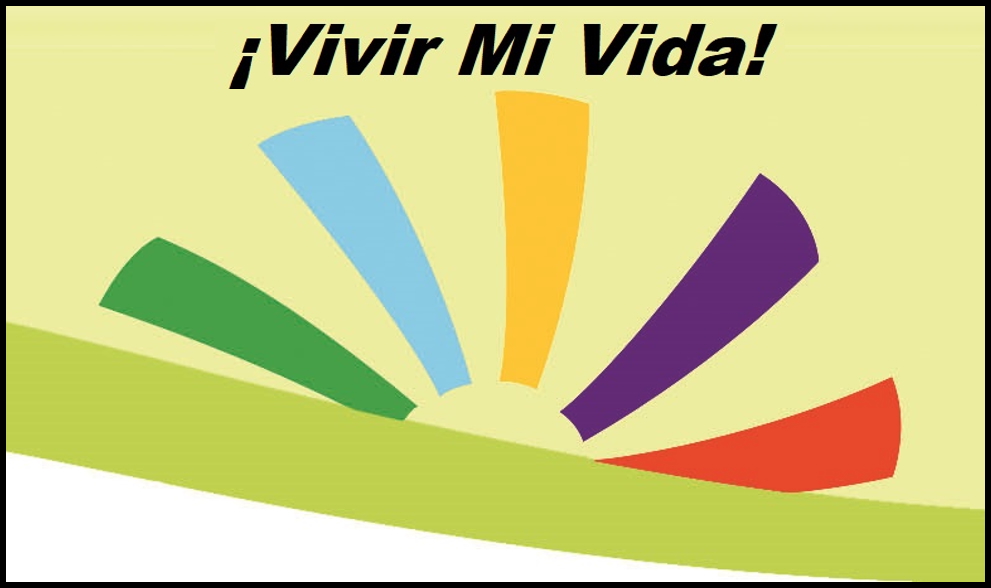
As the health promotion movement continues to grow in response to the increasing prevalence of multiple chronic conditions in older adulthood, occupational therapy’s client-centered approach uniquely positions the profession to tackle chronic condition prevention in a culturally responsive manner. For individuals living in rural communities, access to effective preventative care is often limited due to myriad obstacles ranging from shortages in healthcare services to geographical barriers. For rural-dwelling Latinos, access to care can be further hindered by cultural and linguistic differences from their care providers. In an effort to address these barriers, a group of researchers examined the feasibility and efficacy of ¡Vivir Mi Vida! (Live My Life!, or ¡VMV!), a culturally tailored Lifestyle Redesign approach to intervention for late-midlife, rural-living Latinos, integrated into safety-net primary care services. Preliminary findings showed positive health changes in psychosocial and clinical outcomes following the intervention; one year later, the team re-evaluated the health status and experiences of ¡VMV! participants.
The ¡VMV! intervention was a culturally tailored, 4-month lifestyle intervention, co-led by OT practitioners and promotoras de salud, delivered via telehealth and in-home sessions. One year after the conclusion of the pilot study, the research team, led by Dr. Stacey Schepens Niemiec, invited participants to complete a long-term follow up (LTFU) assessment of their psychosocial and physical health. Participants were also interviewed about their experiences since completing ¡VMV! the previous year. Results of the LTFU study were encouraging, indicating that participants had clinically significant improvements from pretreatment (before receiving the intervention) to LTFU (12 months after completing the initial 4-month intervention) in all symptom-well-being dimensions. Additionally, the significant improvements noted between pretreatment to posttreatment were maintained at LTFU for systolic blood pressure, stress, and social role and activity satisfaction. No changes were observed in weight, physical activity, or diastolic blood pressure.
This LTFU study shows that a culturally tailored Lifestyle Redesign approach to intervention has the potential to foster long-term improvements in psychosocial and physical health in under-resourced communities, and further supports the value of lifestyle-centric OT in primary care settings.
When asked about her work with ¡VMV!, Dr. Schepens Niemiec shared:
“It has been an honor to work alongside the Latino community and community partners to build and shape this program into what it has become today. Our team is eager and hopeful that funders will see the value of ¡VMV! like we do and provide us the necessary support to roll the program out to the community for all to benefit from it.”
Effectiveness of a lifestyle intervention in promoting the well-being of independently living older people: results of the Well Elderly 2 Randomised Controlled Trial
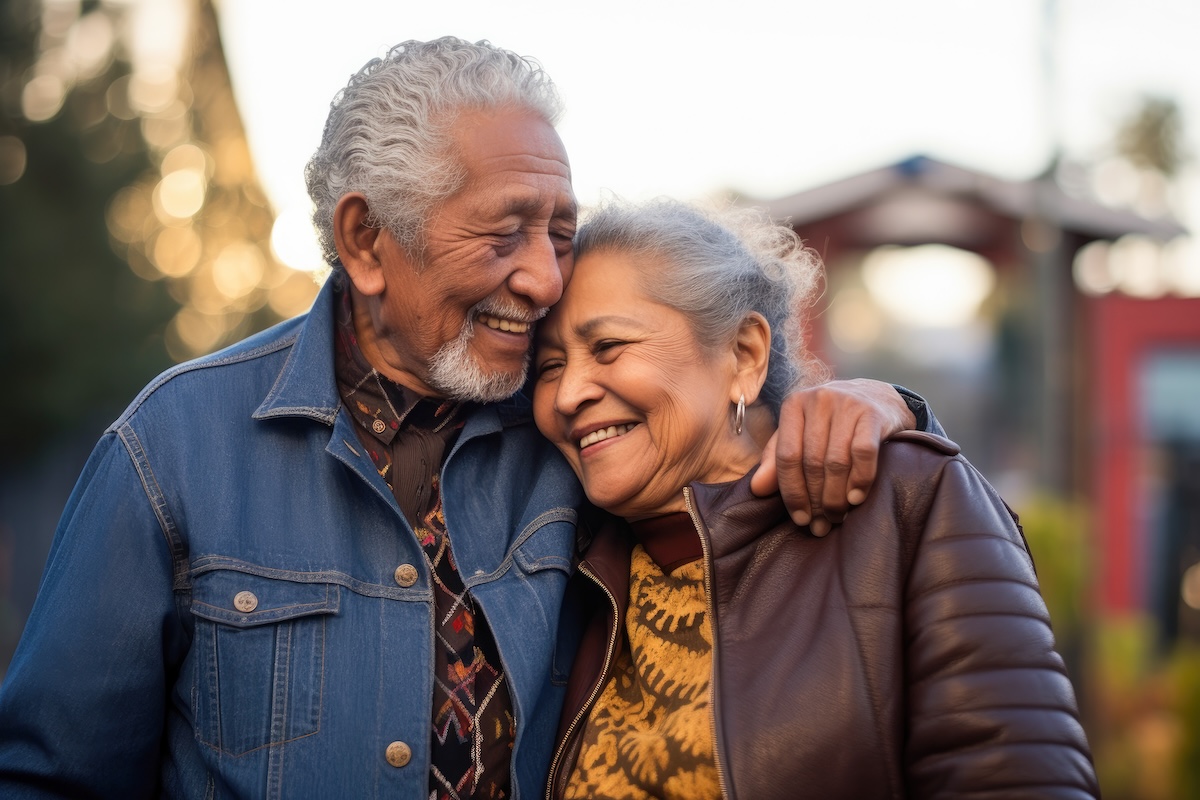
With aging comes increased risk of health decline and loss of independence; the need for lifestyle intervention to mitigate this risk is just as relevant now as it was in 1997 when the Well Elderly 1 study was implemented. Well Elderly 1 was the catalyst for what we know today as Lifestyle Redesign and gave way to the first adaptation of the intervention, Well Elderly 2, which examined the effectiveness of Lifestyle Redesign among ethnically diverse older adults in community-based settings.
The Well Elderly 2 study was a randomized controlled trial comparing Lifestyle Redesign OT intervention to a no-treatment control group over 6 months. Participants were ethnically diverse older adults, ages 60-95, who were recruited from a variety of community-based settings. The intervention entailed weekly group sessions and up to 10 one-hour sessions with an OT, addressing a range of topics relevant to healthy aging, including home and community safety, transportation utilization, and changing routines and habits. The intervention was found to positively impact mental health, well-being, and physical health as compared to no treatment. Furthermore, the intervention group had a significantly greater increase in quality-adjusted life years, which was deemed cost-effective.
Well Elderly 2 findings supporting the cost-effectiveness and adaptability of Lifestyle Redesign set the foundation for the multitude of intervention adaptations that have been developed, piloted, and implemented into real-world settings.
Upcoming Opportunities
Remodeler sa vie (French-Canadian Lifestyle Redesign®): Science, sharing and reflection
Live Webinar | Tuesday, October 29, 2024
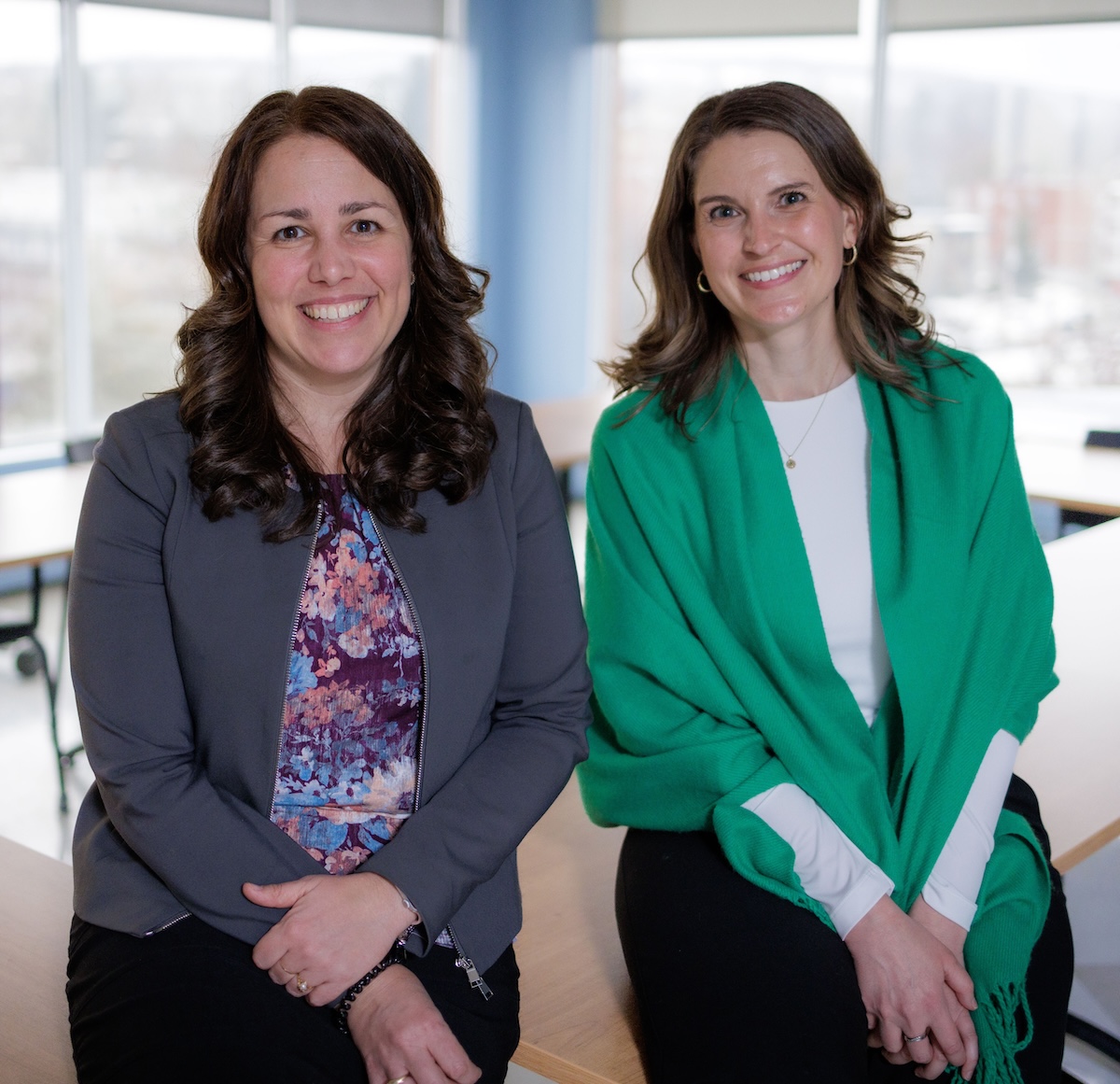
Dr. Mélanie Levasseur and Marie-Hélène Lévesque
This webinar will provide an overview of the clinical and scientific advances related to Remodeler sa vie, the French-Canadian adaptation of the Lifestyle Redesign intervention framework, as well as discuss practical benefits, challenges, and next steps for its integration into practice. The presentation will cover the historical development of Remodeler sa vie, as well as findings from studies conducted to date, including a systematic review, a feasibility study, a pre-implementation study, a realistic evaluation, and various pilot studies. The speakers will showcase how this cultural adaptation is influencing research and practice in Canada and elsewhere in the world. This webinar will provide an opportunity for cross-cultural exchange that could benefit the collective development of preventive, strategic and scientifically-based solutions to promote health and well-being of Canadian, American and global populations.
Date: Tuesday, October 29, 2024
Time: 12–1pm Pacific Time
Location: Zoom
Audience: This is an introductory level activity designed for OT practitioners, however, all levels of experience and disciplines are welcome.
Cost: This webinar is offered at no cost. Registration is required to join the webinar.
About the Speakers: Dr. Mélanie Levasseur & Marie-Hélène Lévesque
Empowering Change: A Training for Occupational Therapy Practitioners in Motivational Interviewing
Interactive Course | December 13, 2024 through December 15, 2024

Motivational interviewing (MI) is an effective approach to overcoming the ambivalence that keeps many people from making desired changes in their lives. Occupational therapy practitioners and other healthcare professionals will find this method of therapeutic communication to be an effective tool to both understand the nature of behavior change and to develop the skills to identify readiness for change; and, ultimately, to facilitate the process.
This is a live, interactive course in which participants will apply MI principles through role-playing. This is designed to be a supportive learning environment where participants will be actively engaged in practicing MI skills. While this course is designed to be applied to OT practice, the content covered can be applicable to any population; therefore, all disciplines are welcome.
This is a 12-hour course held across 3 days (4 hours per day). Participants are expected to fully participate for the entire course.
Dates/Times (Pacific Time):
- Friday, December 13, 2024, 1–5pm
- Saturday, December 14, 2024, 8am–12pm
- Sunday, December 15, 2024, 8am–12pm
Location: Zoom
Cost:
- Standard: US$250
- AOTA Members and USC Chan Alumni: $225
CEUs: 12 contact hours (1.2 CEU)
Note: This course satisfies the 12-hour MI training requirement for obtaining Lifestyle Redesign Certification.
New On-Demand Learning Opportunity
August 2024 Webinar — Late-Diagnosed ADHD and Autism: Supporting Adults Through A Period Of Discovery
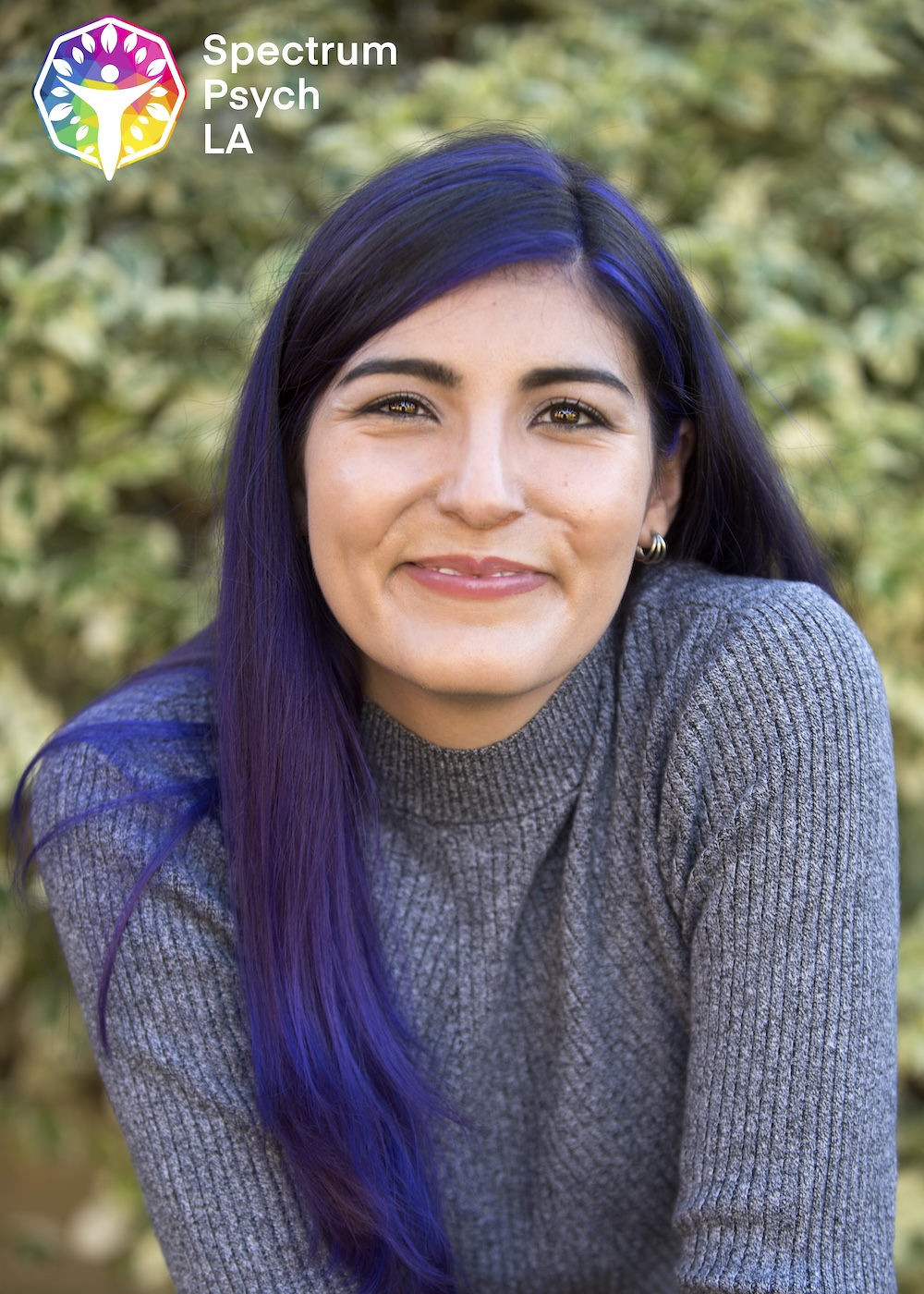
Dr. Samantha Valasek
The Lifestyle Redesign Webinar Series live events are recorded and made available for on-demand viewing shortly thereafter, for a nominal fee. Upon purchasing access to the on-demand webinar, there is a 30-day window to view the webinar recording and submit post-webinar surveys to receive continuing education credit.
CEUs: 1 contact hour (0.1 CEU)
Cost:
- Standard: US$30
- AOTA Members and USC Chan Alumni: $27
For more information about this on-demand webinar or general information about accessing on-demand webinars and claiming CEU credit, visit the On-Demand Learning page.
Certification Section
LRC Info Sessions
We are wrapping up the year with another Lifestyle Redesign Certification information session on Monday, October 7, 2024 @ 8am PDT!
Info sessions are live, online events, hosted via Zoom:
- Topic: Lifestyle Redesign® Certification Information Sessions
- usc.zoom.us/j/94343068918
- Meeting ID: 943 4306 8918
For full Zoom meeting details and future info session dates/times, check out our calendar by visiting the Upcoming Events page.
Course Series Corner
Core Course 2 Starts November 11th!
Registration for the second course in the Foundations of Lifestyle Redesign Course Series is now open!
Core Course 2: Lifestyle Redesign Intervention Delivery provides a deep dive into the five core domains utilized in Lifestyle Redesign interventions, as well as special considerations for intervention sequencing and discharge planning from a Lifestyle Redesign perspective. This is an online, paced asynchronous course, meaning you can access it from anywhere in the world and can expect a structured format to help you keep up with the course.
Course Start: Monday, November 11, 2024
Course End: Friday, March 28, 2025
CEUs: 26 contact hours (2.6 CEU)
Prerequisite: Successful completion of Core Course 1: Foundations of Lifestyle Redesign
The next offering of Core Course 1 will start in September 2025. Registration will open in May 2025; sign up to be notified when Core Course 1 registration opens.







